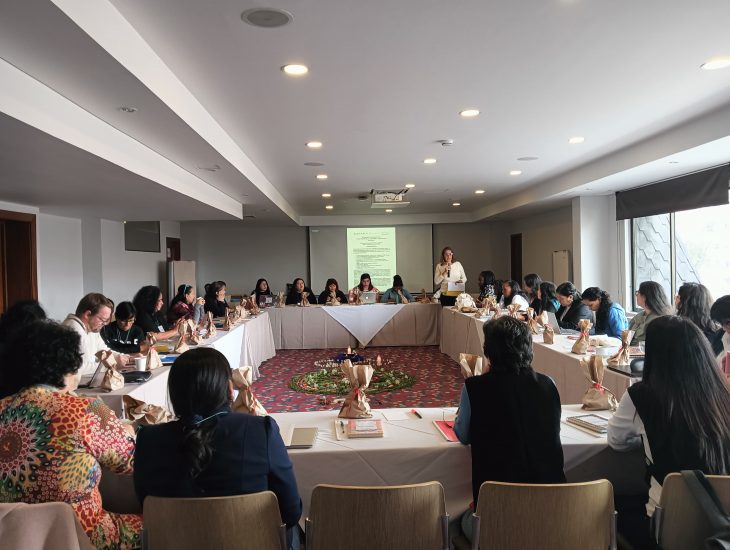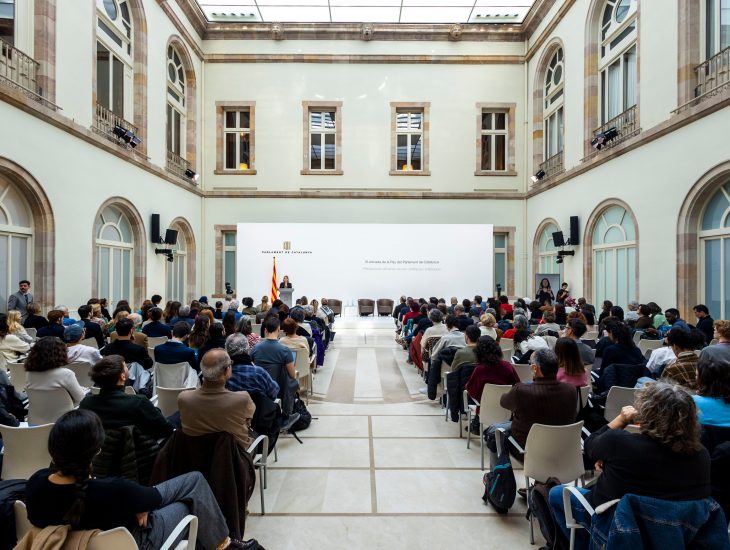Antoni Pigrau, ICIP board member and Professor of Public International Law and International Relations at the URV, participated as a jurist on the Permanent Peoples’ Tribunal in the session on the Canadian mining industry, which took place from May 29 to June 1 in Montreal.
This was the 40th session of the Permanent Peoples’ Tribunal (PPT), a court founded in Italy in 1979 by the lawyer and senator Lelio Basso. In this session, some fifteen victims and experts from Latin America denounced, before a panel of jurists consisting of public figures from various countries, the human rights violations and environmental damage caused by Canadian mining companies supported by the government of Canada.
Canada is the most important player in the global mining industry due to its laws, its taxation system and its foreign policy, which favor this sector: 75 percent of mining companies have their headquarters there and 60 percent are quoted on the Toronto Stock Exchange. Nevertheless, mining megaprojects are a major source of tension: in Latin America, they have resulted in around 200 social conflicts, almost 90 of which involve Canadian companies.
The Tribunal examined the role and responsibility of mining companies and the Canadian state in human rights and environmental violations in Latin America, specifically in the emblematic cases of the following projects: Pascua Lama (Barrick Gold) in Chile and Argentina; Escobal (Tahoe Resources) in Guatemala; San Martín (Goldcorp) in Honduras; and Payback (Blackfire Exploration) and La Platosa (Excellon Resources) in Mexico.
29.01.2014




